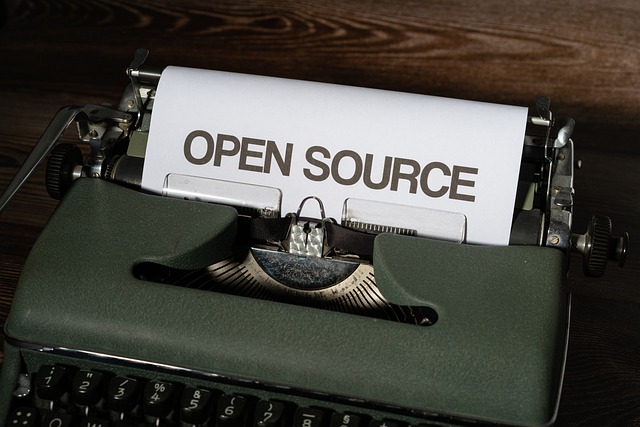Section 1: The Rise of Artificial Intelligence in Business
Artificial Intelligence (AI) has been a buzzword in the tech industry for quite some time now. It has captured the imagination of businesses and consumers alike, promising to revolutionize the way we live and work. From self-driving cars to virtual assistants, AI is making its way into every aspect of our lives. But what exactly is AI and how is it transforming the business landscape?
At its core, AI is the simulation of human intelligence processes by machines, especially computer systems. It involves the development of algorithms that allow machines to learn from data, identify patterns, and make decisions with minimal human intervention. This technology has been around for decades, but recent advancements in computing power and data availability have propelled AI into the mainstream.
In the business world, AI is being used to automate mundane tasks, improve decision-making, and enhance customer experiences. According to a report by PwC, AI is expected to contribute $15.7 trillion to the global economy by 2030. This shows the immense potential of AI in transforming businesses and redefining technology.
Section 2: Transforming Business Operations with AI
One of the most significant impacts of AI on businesses is its ability to automate repetitive and time-consuming tasks. This frees up employees’ time, allowing them to focus on more complex and creative tasks. For example, AI-powered chatbots can handle customer inquiries and support, reducing the workload of customer service representatives. This not only improves efficiency but also leads to cost savings for businesses.
Moreover, AI can analyze vast amounts of data in a fraction of the time it would take a human. This enables businesses to gain valuable insights and make data-driven decisions. For instance, retailers can use AI to analyze customer purchase history and behavior to personalize product recommendations and marketing strategies. This not only improves the customer experience but also increases sales and revenue.
AI is also transforming supply chain management. By analyzing data from various sources such as weather patterns, sales forecasts, and transportation routes, AI can optimize inventory levels and delivery routes. This leads to cost savings and improved efficiency in the supply chain, ultimately benefitting the business and its customers.
Section 3: Redefining Technology with AI
The impact of AI goes beyond just transforming business operations. It is also redefining the entire technology landscape. With AI, machines are becoming smarter and more autonomous, leading to the development of new and innovative products and services.
One of the most notable examples of this is self-driving cars. By combining AI with sensors, cameras, and GPS, these vehicles can navigate roads and make decisions without human intervention. This technology has the potential to revolutionize transportation, making it safer and more efficient.
AI is also playing a crucial role in the development of smart homes and cities. By connecting various devices and systems, AI can automate and optimize energy usage, security, and maintenance. This not only improves the quality of life for residents but also leads to cost savings and environmental benefits.
Another area where AI is making a significant impact is healthcare. With the help of AI, medical professionals can analyze patient data and identify patterns to make accurate diagnoses and develop personalized treatment plans. This not only improves patient outcomes but also reduces healthcare costs.
The Future of AI in Business and Technology
As AI continues to evolve and improve, its potential to transform businesses and redefine technology is limitless. However, there are also concerns about the ethical implications of AI, such as job displacement and biased decision-making. It is crucial for businesses and policymakers to address these concerns and ensure responsible and ethical use of AI.
In conclusion, AI is no longer a distant dream but a reality that is transforming the business world and redefining technology. Its ability to automate tasks, analyze data, and make decisions is revolutionizing the way businesses operate and creating new opportunities for innovation. As we continue to unleash the potential of AI, it is essential to use it responsibly and ethically to create a better future for businesses and society as a whole.











